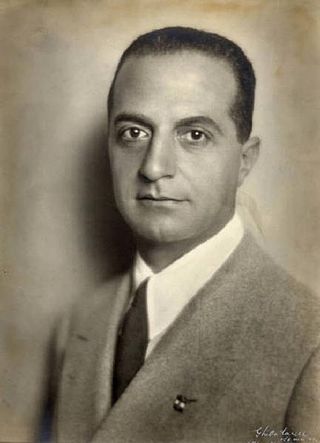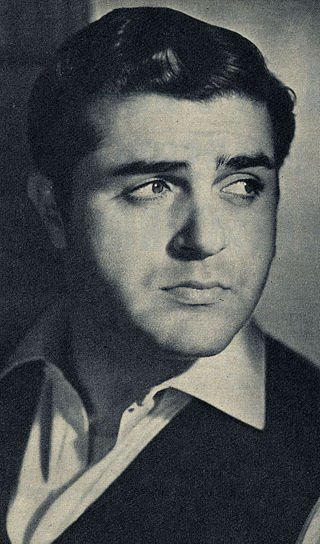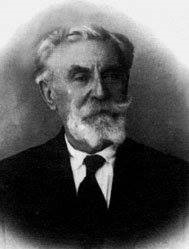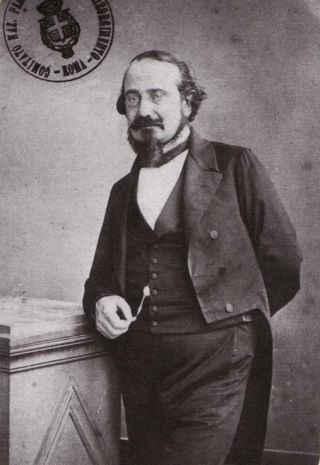
Guido del Giudice (born August 14, 1957) is an Italian philosopher and writer.He is one of the most influential experts on life and works of the philosopher Giordano Bruno.

Guido del Giudice (born August 14, 1957) is an Italian philosopher and writer.He is one of the most influential experts on life and works of the philosopher Giordano Bruno.
Del Giudice was born in Naples, Italy, where he still lives. He obtained a degree in medicine from the University of Naples Federico II in 1982, but he continued to cultivate his literary and philosophical studies, becoming a leading expert on the philosopher Giordano Bruno. He has written several works about Bruno and translated his texts.
Members of the scientific advisory board of Nicolas Benzin Stiftung, Frankfurt am Main.
In 2008 he received from the International Academy Partenopea Federico II, the first International Giordano Bruno Award for his book La disputa di Cambrai, in the category "best work dedicated to the philosopher". In a review in the journal Bruniana & Campanelliana in 2008, Filippo Mignini has pointed out the remarkable similarities between Del Giudice's translation and that of Barbara Amato in a doctoral thesis of 2006. [1]
Guido del Giudice demonstrated in a detailed reply, the originality of his translation and the falsity of the arguments put forward by Mignini to justify the failed attempt to appropriate the work of one of his students. [2]

Giordano Bruno was an Italian philosopher, poet, cosmological theorist and esotericist. He is known for his cosmological theories, which conceptually extended to include the then novel Copernican model. He proposed that the stars were distant suns surrounded by their own planets (exoplanets), and he raised the possibility that these planets might foster life of their own, a cosmological position known as cosmic pluralism. He also insisted that the universe is infinite and could have no center.

Umberto Menotti Maria Giordano was an Italian composer, mainly of operas. His best-known work in that genre was Andrea Chénier (1896).
The Salimbeni Prize is awarded by the Fondazione Salimbeni per le Arti Figurative of San Severino Marche to honour excellence in the writing of art history on an Italian subject. The Premio Salimbeni was established in 1983.

Giuseppe Bottai was an Italian journalist and member of the National Fascist Party of Benito Mussolini.

The University of Naples Federico II is a public university in Naples, Italy. Established in 1224, it is the oldest public or state university in the world. Noted for being the world's oldest public or state-funded university chartered by the head of a state and one of the world's ten oldest universities in continuous operation, it is also believed to be the oldest secular or non-sectarian state university in the world.

Aldo Giuffrè was an Italian film actor and comedian who appeared in over 90 films between 1948 and 2001. He was born in Naples and was the brother of actor Carlo Giuffrè.

Assunta Spina is a 1948 Italian drama film directed by Mario Mattoli and starring Anna Magnani, Antonio Centa and Giacomo Furia. It was adapted from Salvatore Di Giacomo's 1909 play of the same title. It was released in the United States with the title Scarred. It was shot at the Farnesina Studios in Rome and on location in Naples. The film's sets were designed by the art director Piero Filippone. Distributed by Titanus it earned around 70 million lira at the domestic box office.

Mauro Del Giudice was an Italian magistrate, jurist and writer.
Loyalty of Love is a 1934 Italian historical drama film directed by Guido Brignone and starring Marta Abba, Nerio Bernardi and Luigi Cimara. It is based on the story of Teresa Confalonieri, a celebrated figure of the Italian reunification campaign. It was one of several films made during the 1930s that portrayed this era. It premiered at the Venice Film Festival in August 1934.

Pasqualina "Lina" Sastri is an Italian actress and singer.

Bertrando Spaventa was a leading Italian philosopher of the 19th century whose ideas had an important influence on the changes that took place during the unification of Italy and on philosophical thought in the 20th century.

Paolo Poli was an Italian theatre actor. He has also acted in films and on television.

Carlo Felice Biscarra was an Italian painter and art critic.

Francesco Fiorentino was an Italian philosopher and historiographer.
Vincenzo Fioravanti was a prolific Italian opera composer active in Naples. He composed 39 operas, of which 34 were performed in his lifetime. Like his father, Valentino Fioravanti, he specialised in the opera buffa genre, but he also composed sacred music including two oratorios during his time as maestro di cappella of Lanciano Cathedral (1839–1843).
Igino Petrone was an Italian jurist and philosopher.